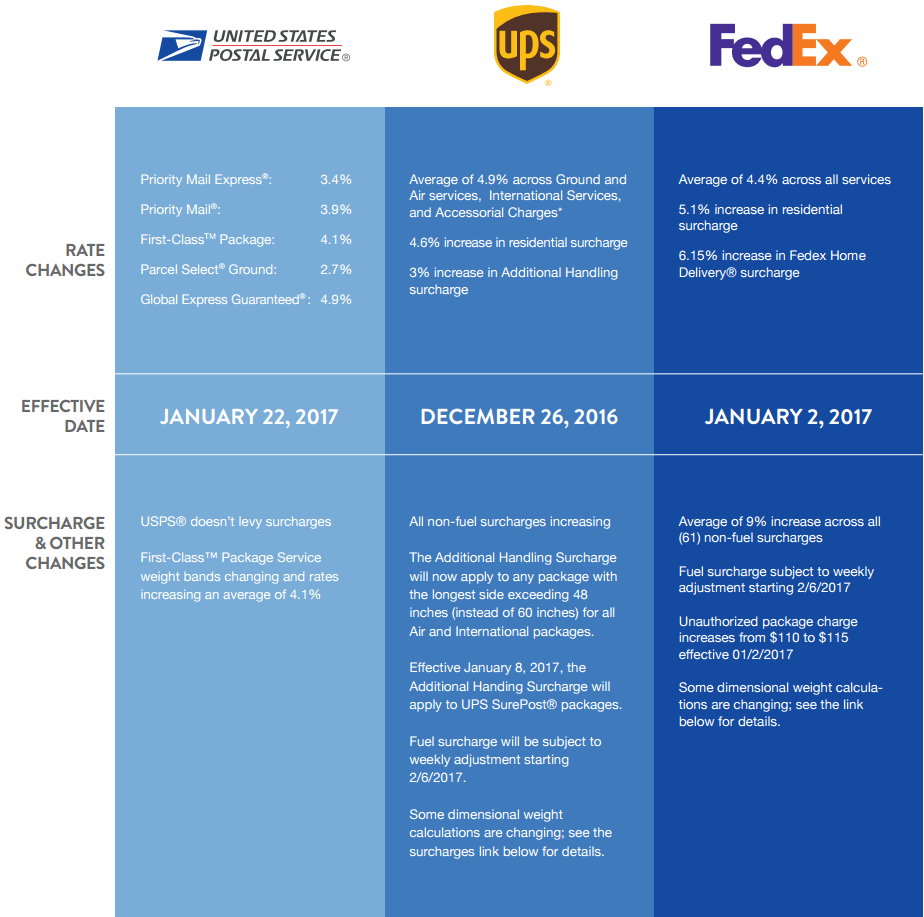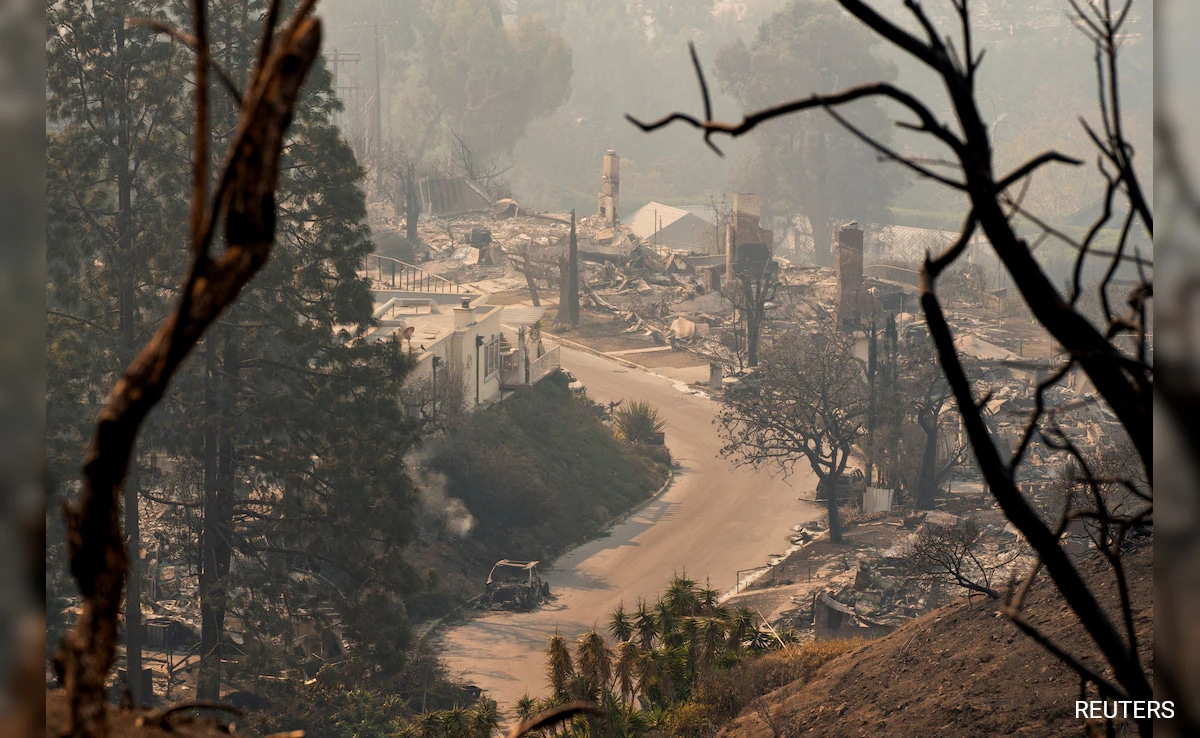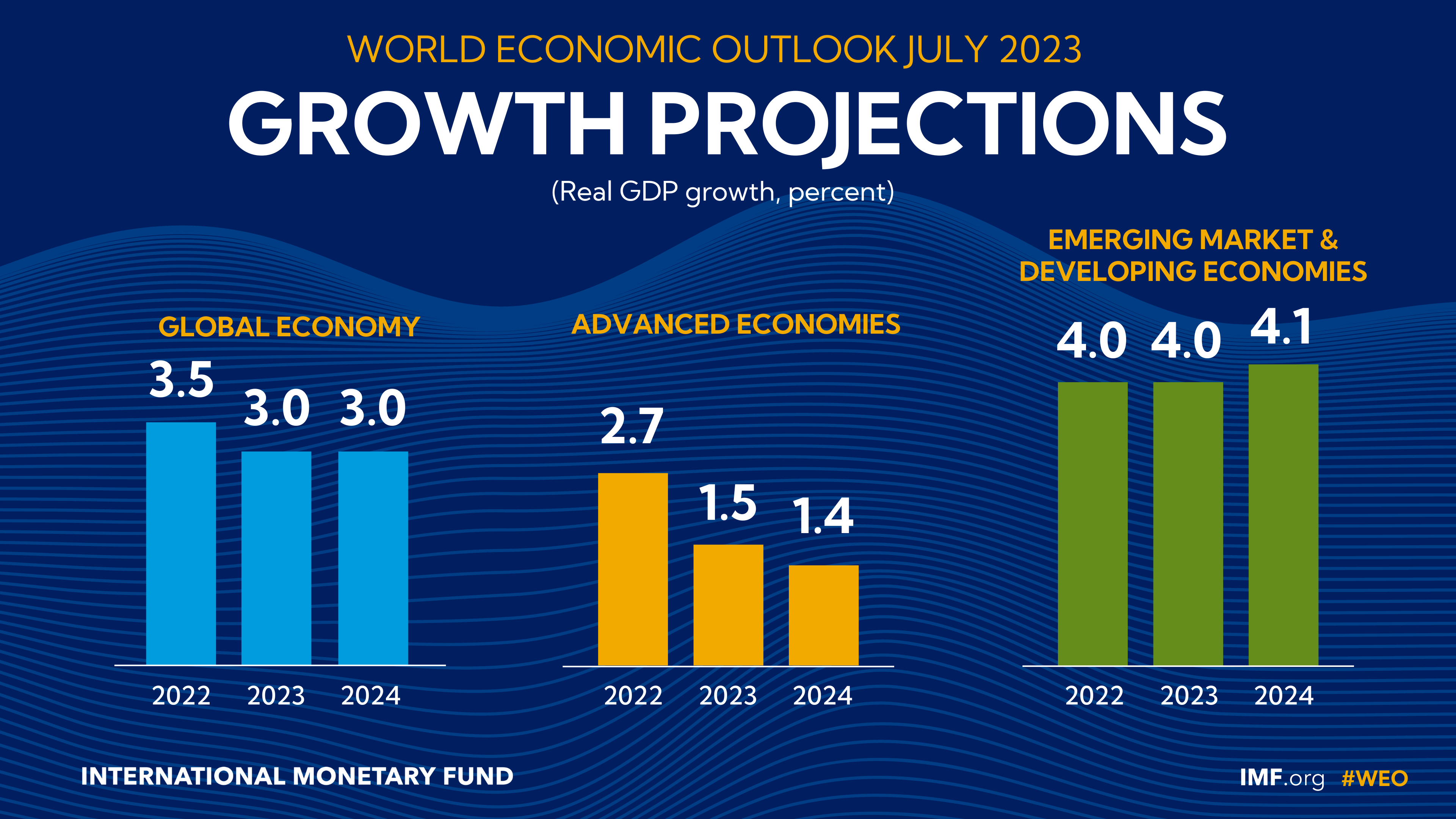The American Battleground: Taking On The World's Richest

Table of Contents
The Concentration of Wealth in America
The staggering wealth inequality in America isn't a recent phenomenon; it's the culmination of centuries of economic and political forces.
Historical Context:
- The Gilded Age (late 19th century): This era saw the rise of powerful industrialists and massive wealth concentration, fueling social unrest and labor movements.
- The Great Depression (1930s): While devastating, the Depression led to reforms like the New Deal, which aimed to redistribute wealth and create a social safety net.
- Post-World War II Boom: This period saw a relative reduction in wealth inequality, driven by strong labor unions and progressive taxation.
- Neoliberal Era (late 20th and early 21st centuries): Deregulation, tax cuts for the wealthy, and globalization contributed to a resurgence of wealth concentration. This period saw the rise of massive corporations and the decline of union power, significantly impacting wealth distribution.
The Role of Corporations and Taxation:
- Tax loopholes: Complex tax codes allow the wealthiest individuals and corporations to significantly reduce their tax burden, exacerbating wealth inequality. This includes utilizing offshore accounts and various deductions that are unavailable to the average American.
- Corporate influence on legislation: Powerful lobbying groups representing corporations often influence legislation to their advantage, furthering wealth concentration. This often leads to policies that favor large corporations over smaller businesses and individual citizens.
- Impact of deregulation: Deregulation in sectors like finance can lead to increased risk-taking and ultimately benefits those already wealthy, while leaving the average citizen vulnerable to economic downturns.
Inheritance and Intergenerational Wealth:
- Statistics on inherited wealth: A significant portion of the wealth held by the richest Americans is inherited, perpetuating economic inequality across generations.
- Impact of generational wealth on opportunity: Inherited wealth provides significant advantages, including access to better education, healthcare, and networking opportunities, creating a cycle of privilege.
- Implications for social mobility: The accumulation of inherited wealth hinders social mobility, making it difficult for individuals from lower socioeconomic backgrounds to improve their economic standing.
The Fight for Economic Justice
The American Battleground isn't just a description; it's a site of ongoing conflict and resistance.
Labor Movements and Unions:
- Significant labor victories and setbacks: The history of labor movements is marked by both significant victories (e.g., the establishment of minimum wage laws) and setbacks (e.g., the decline in union membership).
- Current challenges faced by unions: Unions face increasing challenges from anti-union legislation, globalization, and the rise of the gig economy.
- Impact on wages and working conditions: Strong unions have historically been crucial in improving wages, benefits, and working conditions for workers, thus mitigating wealth inequality.
Progressive Taxation and Wealth Redistribution:
- Arguments for and against progressive taxation: Proponents argue that progressive taxation is a fair and effective way to redistribute wealth and fund social programs. Opponents claim it discourages economic growth and investment.
- Examples of successful wealth redistribution policies (and failures): The New Deal programs of the 1930s are often cited as an example of successful wealth redistribution, while certain later policies have faced criticism for unintended consequences.
- Potential economic impacts: Debates on progressive taxation often center around its impact on economic growth, investment, and job creation.
Social Safety Nets and Welfare Programs:
- Different types of social safety nets: These include programs like Social Security, Medicare, Medicaid, unemployment insurance, and food stamps.
- Their effectiveness in reducing poverty: While imperfect, social safety nets play a crucial role in alleviating poverty and reducing economic inequality.
- Challenges to expanding or maintaining these programs: These programs frequently face political opposition and budgetary constraints, limiting their effectiveness.
The Political Landscape of the American Battleground
The struggle for economic justice is deeply intertwined with the political landscape.
Political Polarization and Wealth Inequality:
- Influence of wealthy donors on political campaigns: Large campaign donations from wealthy individuals and corporations can significantly influence election outcomes and policy decisions.
- The impact of lobbying efforts: Powerful lobbying groups representing the wealthy exert significant influence on legislation, often hindering efforts to address wealth inequality.
- The role of media in shaping public opinion: The media plays a crucial role in shaping public perceptions of wealth inequality and influencing political discourse.
Policy Debates and Legislative Efforts:
- Specific bills or proposals: Numerous bills and proposals have been introduced at the state and federal levels aiming to address wealth inequality, ranging from tax reforms to increased minimum wages.
- Their chances of success: The success of these legislative efforts depends on various factors, including political will, public opinion, and lobbying efforts.
- Potential impact on wealth distribution: The potential impact of these policies on wealth distribution varies depending on their design and implementation.
Public Opinion and Social Movements:
- Recent protests and demonstrations: Several social movements have emerged to challenge wealth inequality and demand economic justice, often leveraging social media for organization and outreach.
- Public opinion polls on wealth inequality: Public opinion polls consistently show widespread concern about wealth inequality and support for policies to address it.
- The influence of social media: Social media plays a significant role in disseminating information, mobilizing activism, and shaping public discourse on wealth inequality.
Conclusion
The American Battleground for economic justice is a complex and multifaceted struggle. Understanding the historical context, the role of corporations and political power, and the ongoing efforts to address wealth inequality is crucial. The concentration of wealth, perpetuated by tax policies and inherited advantages, creates significant obstacles to social mobility. However, the fight for economic justice continues through labor movements, progressive taxation debates, and social safety nets. The political landscape, shaped by lobbying, campaign finance, and media narratives, significantly influences the trajectory of this ongoing struggle. Understanding the dynamics of the American Battleground is the first step towards creating a more equitable future. Get involved, stay informed, and join the fight for economic justice, challenging wealth inequality in America and working towards a fairer society for all.

Featured Posts
-
 Auto Carrier Estimates 70 Million Impact From Increased Us Port Fees
Apr 26, 2025
Auto Carrier Estimates 70 Million Impact From Increased Us Port Fees
Apr 26, 2025 -
 The Los Angeles Wildfire Betting Trend A Societal Commentary
Apr 26, 2025
The Los Angeles Wildfire Betting Trend A Societal Commentary
Apr 26, 2025 -
 Lab Owner Admits To Falsifying Covid 19 Test Results
Apr 26, 2025
Lab Owner Admits To Falsifying Covid 19 Test Results
Apr 26, 2025 -
 Analyzing The Dow Futures Impact Of Chinas Economic Policies On The Stock Market
Apr 26, 2025
Analyzing The Dow Futures Impact Of Chinas Economic Policies On The Stock Market
Apr 26, 2025 -
 7 New Orlando Restaurants To Explore Beyond Disney World In 2025
Apr 26, 2025
7 New Orlando Restaurants To Explore Beyond Disney World In 2025
Apr 26, 2025
